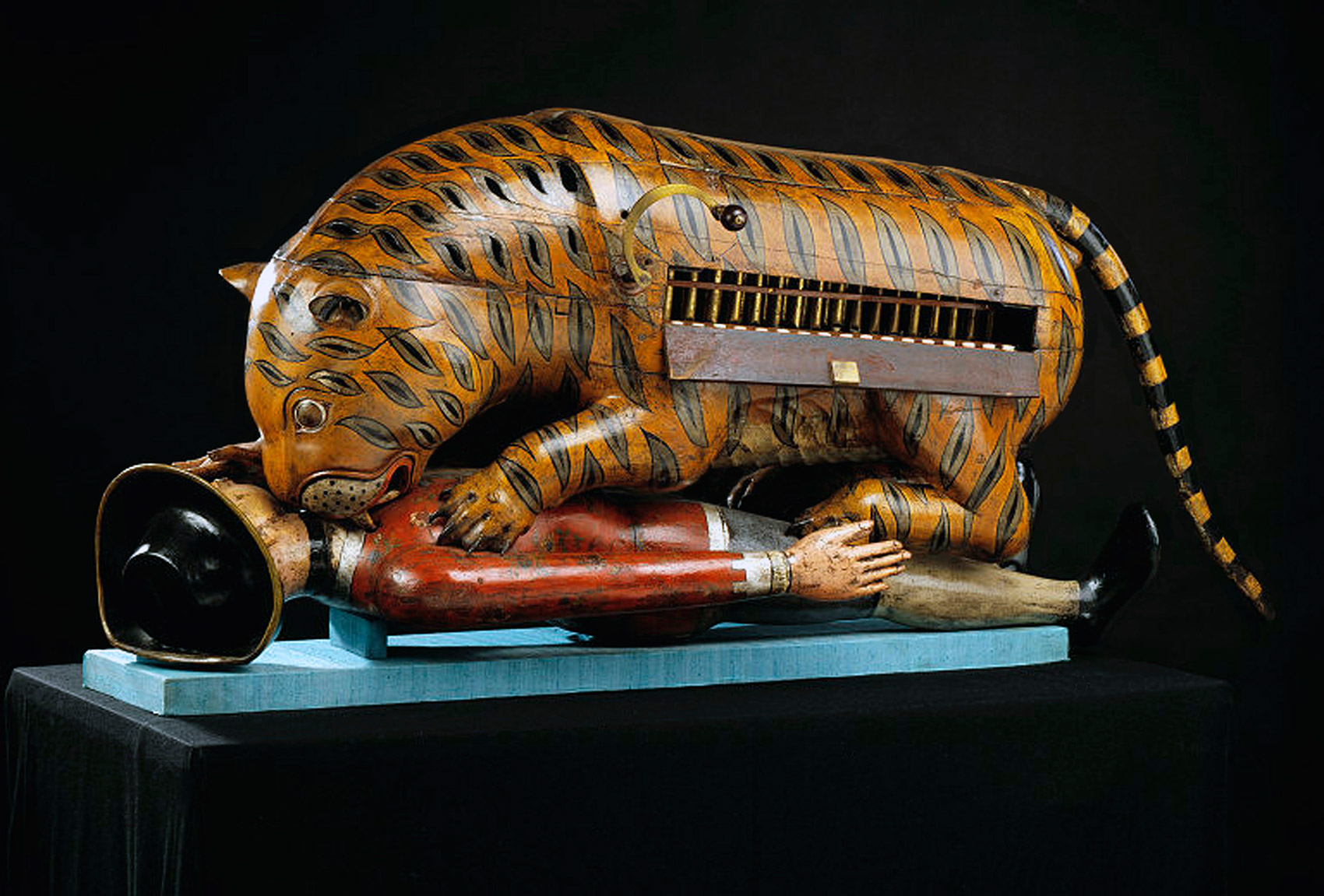Tipu Sultan and the BJP's Nationalist Narrative
The rise of India’s Bharatiya Janata Party (BJP) has been accompanied by a fierce ideological battle over the country’s history. Central to this struggle is the figure of Tipu Sultan, the 18th-century Muslim ruler of Mysore, often referred to as the "Tiger of Mysore." As Hindu nationalists, represented by the BJP, seek to redefine India’s historical narrative, they have embraced Tipu Sultan as a symbol of resistance against the British, while secularists argue that his legacy is far more complex and cannot be reduced to a simple nationalist icon.
The Contest Over Tipu Sultan's Legacy
Tipu Sultan's legacy has been a point of contention for decades. While he is hailed by some as a freedom fighter who resisted British colonial expansion, others criticize his methods, particularly his treatment of Hindus and forced conversions during his reign. His efforts to strengthen his kingdom through alliances with the French and his military campaigns against the British East India Company have earned him admiration in some circles. However, his brutal tactics have led critics to question whether he truly represents the values of modern India or serves as a divisive figure in the current political climate.
Hindu Nationalists vs. Secularists
For Hindu nationalists, particularly those aligned with the BJP, Tipu Sultan is often portrayed as a martyr who fought against British colonization, aligning with their broader narrative of Hindu resurgence. They argue that his battles against British forces made him an early symbol of India’s resistance to colonialism. On the other hand, secularists challenge this portrayal, highlighting Tipu Sultan's treatment of Hindus and other religious minorities, suggesting that his actions do not fit neatly into the framework of a freedom fighter but rather reflect a complex and at times controversial reign.
A Controversial Figure in Modern Politics
Tipu Sultan's legacy continues to fuel debates within India's political landscape, especially as the BJP seeks to position itself as the defender of Hindu interests. While Tipu is celebrated in Karnataka, where his kingdom once existed, his commemoration has sparked fierce opposition in other parts of India. This historical debate is not just about the past, but about the present political identity of India, as both Hindu nationalists and secularists seek to claim ownership of the country’s history in ways that align with their visions for the future.
